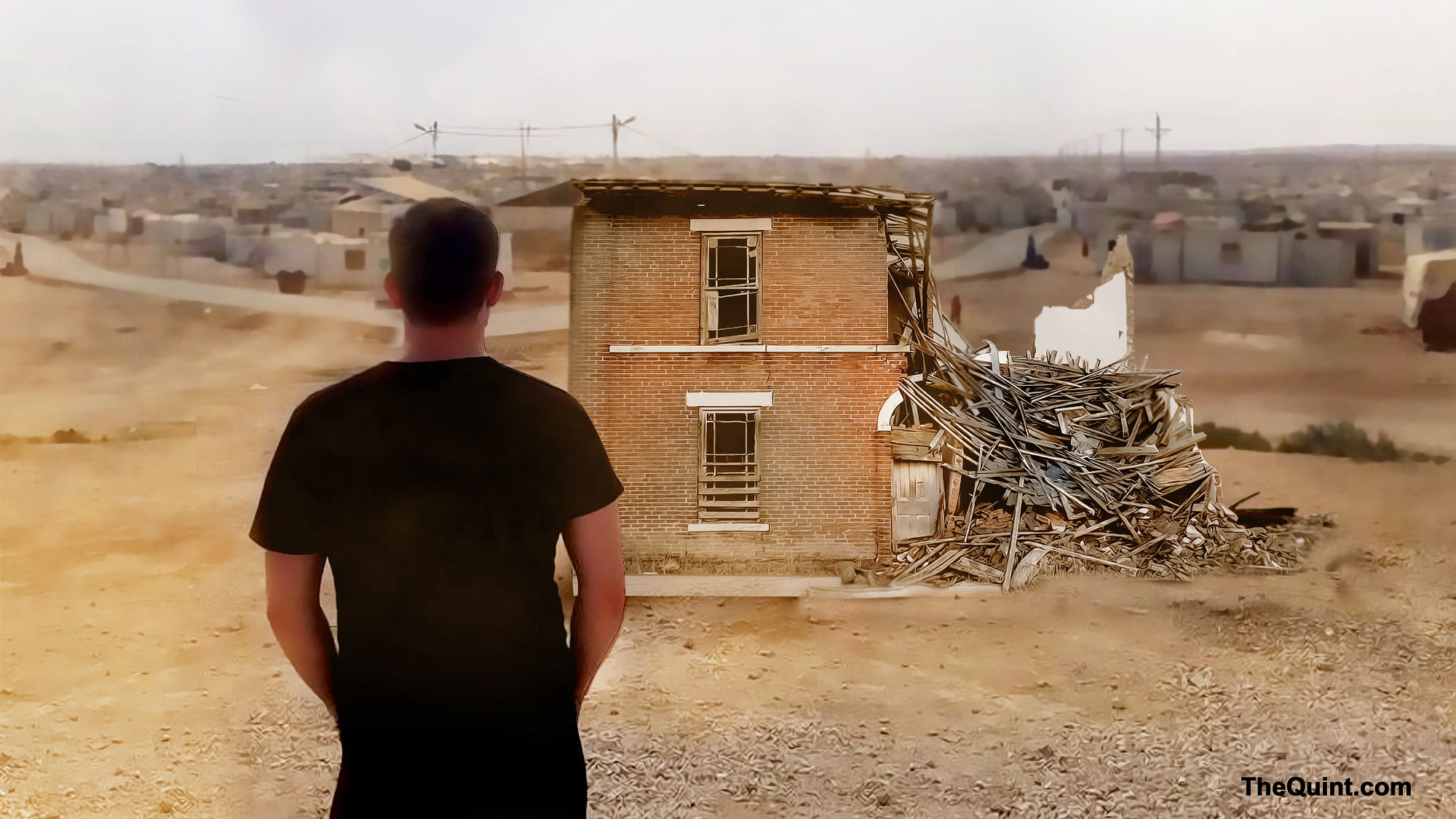Exile Diaries: A Palestinian and an Indian-American Remember Home
Exile is painful; coming to terms with a borrowed identity can be challenging. Hear from those living in exile.

One of the most precious gifts that life gives you is friendship. One of the hardest tasks is maintaining it. Add to it years of separation, war, crisis and unmitigated distances, and the bond seems fragile, almost unachievable.
The sense of dislocation and despair caused by the arbitrary delineation of the borders broke her grandfather’s most savoured relationships with Jews, Arabs, and Christians alike. He had no time to rebuild those; he had to rebuild a home – for himself, his ailing parents, and his children. Despite a seething hankering for home, for Palestine, he pressed on.
Hassan’s grandfather found refuge in a camp in Lebanon – many decades later, when Mona was born, the camp was dotted with Palestinians from various parts of the world, divided by politics, united by a desire to go home.
Mona’s tryst with being a refugee wasn’t a pleasant one, and understandably so.
Exile is of two kinds, political and economic. Both are painful, involving many years of sacrifices.
Political exile is, more often than not, written in blood; economic exile on the other hand is a consciously taken step to elevate oneself from a certain subject-position to one of better education, employment opportunities.
Both, however, are challenging – re-building relationships in a new space and simultaneously holding oneself together despite pining for home.
So, what is it like to grow up in a foreign land with roots fixed many miles away? Listen to Sana Ahmed’s story of dealing with dual identity, of being an Indian living in America, and making her peace with it.
Both Hassan and Ahmed have struggled to come to terms with borrowed notions of home. They have written, erased and rewritten their past and present multiple times – the former is still fighting to go back home, the later has made home elsewhere.
In a world wrought with war, rebuilding identities and relationships can be daunting. It is almost like tearing a part of the self and stitching it with someone else’s flesh and blood. Saadat Hasan Manto words it beautifully:
(Video Edited by Sashant Kumar)
(At The Quint, we are answerable only to our audience. Play an active role in shaping our journalism by becoming a member. Because the truth is worth it.)